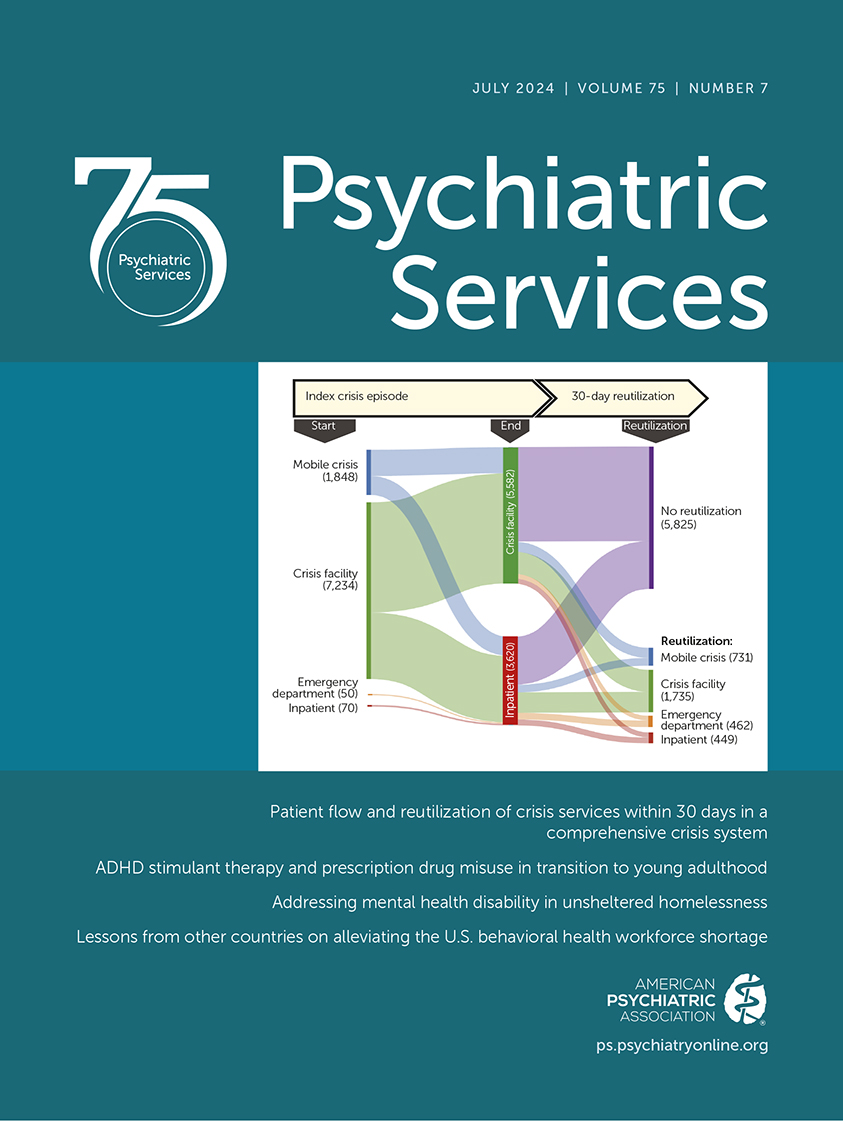Impact of U.S. Federal Loan Repayment Programs on the Behavioral Health Workforce: Scoping Review
Abstract
Objective:
Federal loan repayment programs (LRPs) are one strategy to address the shortage of behavioral health providers. This scoping review aimed to identify and characterize the federal LRPs’ impact on the U.S. behavioral health workforce.
Methods:
A scoping review was conducted in accordance with JBI (formerly known as the Joanna Briggs Institute) methodology for scoping reviews. The authors searched the Ovid MEDLINE, Web of Science, APA PsycInfo, EconLit, PAIS Index, and Embase databases, and gray literature was also reviewed. Two coders screened each article’s abstract and full text and extracted study data. Findings were narratively synthesized and conceptually organized.
Results:
The full-text screening identified 17 articles that met eligibility criteria. Of these, eight were peer-reviewed studies, and all but one evaluated the National Health Service Corps (NHSC) LRP. Findings were conceptually organized into five categories: descriptive studies of NHSC behavioral health needs and the NHSC workforce (k=4); providers’ perceptions of, and experiences with, the NHSC (k=2); associations between NHSC funding and the number of NHSC behavioral health providers (k=4); NHSC behavioral health workforce productivity and capacity (k=3); and federal LRP recruitment and retention (k=4).
Conclusions:
The literature on federal LRPs and their impact on the behavioral health workforce is relatively limited. Although federal LRPs are an important and effective tool to address the behavioral health workforce shortage, additional federal policy strategies are needed to attract and retain behavioral health providers and to diversify the behavioral health workforce.
Access content
To read the fulltext, please use one of the options below to sign in or purchase access.- Personal login
- Institutional Login
- Sign in via OpenAthens
- Register for access
-
Please login/register if you wish to pair your device and check access availability.
Not a subscriber?
PsychiatryOnline subscription options offer access to the DSM-5 library, books, journals, CME, and patient resources. This all-in-one virtual library provides psychiatrists and mental health professionals with key resources for diagnosis, treatment, research, and professional development.
Need more help? PsychiatryOnline Customer Service may be reached by emailing [email protected] or by calling 800-368-5777 (in the U.S.) or 703-907-7322 (outside the U.S.).



